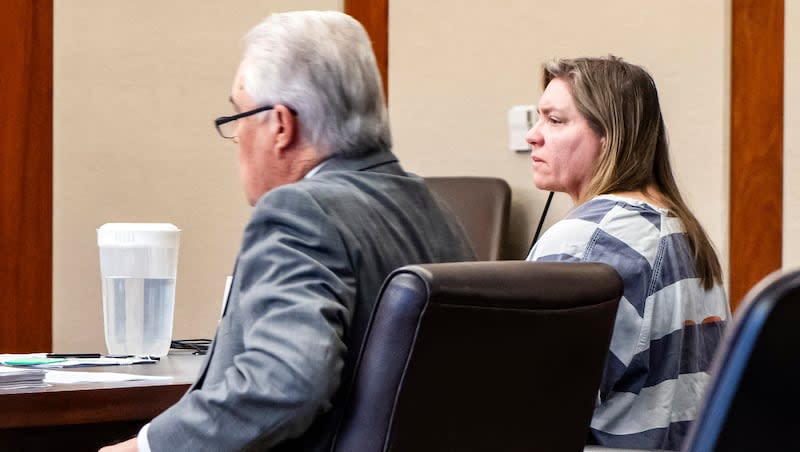Kevin Franke issues statement on Utah life coaching bill

The Utah Legislature is a considering a bill that would establish a registration process for life coaches in the state.
Introduced by Sen. David P. Hinkins, SB251 would require the Division of Professional Licensing to grant life coaches registration. It would also grant the decision the authority to revoke a life coach registration and for the division to define what unlawful conduct and unprofessional conduct means for a life coach.
Kevin Franke, the former husband of Ruby Franke, submitted a letter to the Utah State Senate’s Business and Labor Committee, which discussed the bill on Monday.
Ruby Franke pleaded guilty to four counts of aggravated child abuse and was sentenced to four terms of one to 15 years. Jodi Hildebrandt, founder of Connexions Classroom, also pleaded guilty to four counts of aggravated child abuse and was sentenced to four terms of one to 15 years. The Utah Board of Pardons and Paroles will determine the exact length of sentence.
In his letter, Kevin Franke said he “brought this issue of life coaching” to Hinkins, R-Orangeville, and Hinkins was responsive.
“Numerous life coaches today are free to offer the same services provided by licensed mental health professionals, but carry none of (the) responsibilities of care or liabilities associated with that profession, nor do they suffer any consequences for effectively impersonating a licensed health professional,” Franke wrote.
Franke later added that he has come into contact with people across the state “who have had their lives upended, their finances obliterated, their marriages destroyed, their families upheaved, and/or their children emotionally terrorized because of the actions of a rogue life coach.”
Franke’s letter was in support of the bill. He encouraged legislators to “create clear boundaries of practice that limit the types of services that life coaches can offer.”
Jessica Black, who is on the legislative and public policy committee for the Utah Mental Health Counselors Association, testified in support of the bill as well.
“We want life coaches in the workforce assisting their clients and supporting consultation and motivation in reaching their goals. However, defining their scope and having public recourse in case harm is done is essential,” Black said.
The legislators largely agreed on the usefulness of the bill. They had questions around who qualifies as a “life coach” and how the division would establish a process of registration. The committee decided to push the bill possibly to the next session in 2025 for further study to address these questions.

